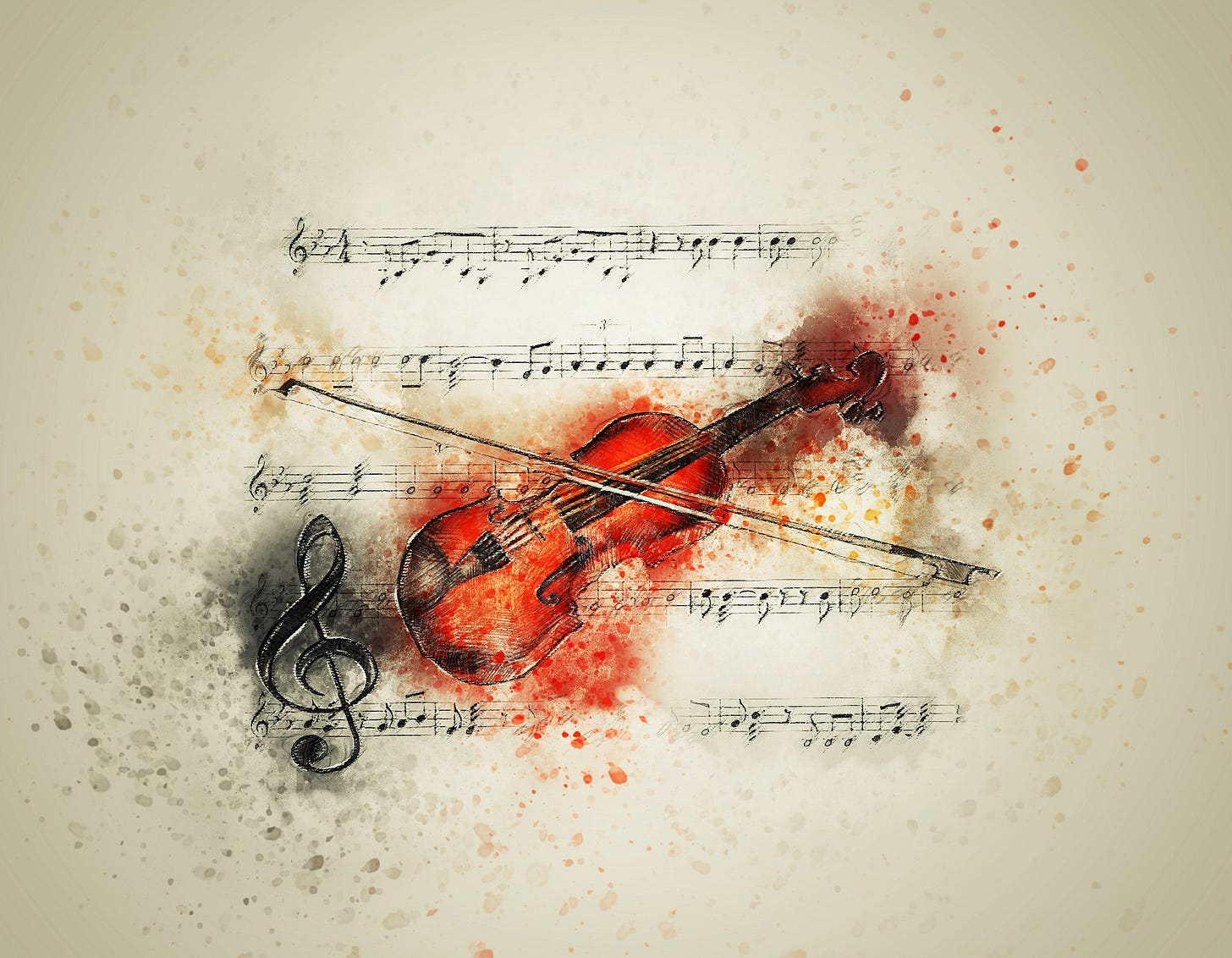Robert takes the psalm to Isaac
Who by Fire: Chapter 42 (Audio and prose)
Note: Update: Robert takes the psalm to Isaac and Evan …
You can start reading here or anywhere, then go back. See Table of Contents. Come in the middle? Robert is the narrator who discovers after his wife Lena has died that she had a lover, Isaac. Evan is Isaac’s wife. Robert is on a search for how he lost Lena: He’s creating the story through memory, invention and a search for the truth and his role in what happened—and by stalking Isaac.
Glass
And then she died.
I didn’t go to the funeral home first. I didn’t make arrangements. I left her body on the bed in Gershon’s daughter’s bedroom. I wondered what the philosopher-daughter would think, say about a body dead in her bed. I left the body that I’d rejected, that I’d loved, that I’d desired more than she knew and would never know and I went to the farm. I had the packet that I’d been saving in my briefcase, ready to go, so to speak. This was the briefcase that I carried to and from work, that contained what needed to be done. The briefcase was in my apartment and I collected it from my grandmother’s table, a small cherry wood with a raised flat top and rimmed side trays where bills or letters would lie, what I remember as her ‘telephone table,’ when telephones were used only for the message that needed speed for delivery. I remember my grandmother saying when I was a child and wanted to play with the phone, wanted to call someone, anyone, the way I could at home, “See here, Robert, the phone is our little telegraph machine. It’s here for emergencies.” I’d placed on this table what I knew I would need soon, knew I’d need this week or this day or tomorrow, in half an hour or in fifteen minutes.
▵▵▵
She had died. It was not my fault. But that fact does not matter.
This is what matters: I had stilled life.
No matter how often I hear the Emerson Quartet play, I now think of each of the musicians playing his instrument in the morning—not to practice—but to make live.
The sound from the strings of a violin are made by the bow and the hand that moves that bow, but the sound, once the violinist has learned and practiced and discovered what these can do—his hand and the bow—the sound comes from the body of the violin. And so the musician soon wants a Stradivari whether or not he can afford it.
In Italy Andrea Mosconi has the job of playing the Stradivari and other rare violins in the museum in Cremona. Every morning Mosconi opens the locked cases where the three Amatis, the two Guaneris and the Stradivaris—three violins and a cello—are stored. All these stringed instruments were made in Cremona. Their sound is a mystery of physics—the question of the wood from the Northern Alps, the water it sat in before it was transported, the dry aging, the varnish? It is a mystery of invention—the question of the way the violins were made, for each is a work of art, in the signature of its maker.
How foolish I was to think of the bow and not the body.
▵▵▵
When she was dying, a tenuous fine flayed string lay between us, a hair’s breadth I could not find, let alone hold. I thought it was Isaac who held it. If it can be said that those who die are able to wait until something that must be done is done, I knew that she waited for me to tell her that I’d done what she’d asked, taken the psalm to Isaac. I let each minute pass without telling her because I knew, because I’d known now for too long that I did not hold the thread that held her.
He had abandoned her.
While I drove, leaving the tasks that were most incumbent upon me for the task that had been most incumbent upon me, I knew I wouldn’t knock on the door. It was dusk and I could see them, Evan and Isaac, at the table in their kitchen, finishing dinner, drinking wine.
I didn’t expect to find a lock on the greenhouse that was now complete but that had no plants inside. Why would he lock it? Inside were the tools he’d been using (his Red Devil cutter, his pliers, his straightedge, the oil he’d used to mark the cutting edge, his putty knife, his gloves) to put up the glass, the glass. The light was fading fast but I could see what I already knew, that he is not a precise man, that the panes didn’t lie level, didn’t fit plumb. I hated him for the imperfection, for the lack of care. I went into the stand of trees some distance from the house, found a large rock, carried it to the greenhouse where I put it down. No, no rock was worthy of this. I banged my fist into the pane at my waist level where I had the most leverage. I banged it with all the force my body could muster and grief musters force, it surges adrenaline. I didn’t fear what would happen to my hands. I didn’t wonder, Would I ever play again? Had I ever really played? Who would listen if I played? “No one. No one,” I said and laid the psalm, the yellow lined sheets in Lena’s hand, inside. I had placed a piece of my stationery on top “From the desk of Robert Berenson,” with these words in my hand, “Here is the gift that Lena asked that you give to Evan.” And then I lay down on the dirt in the midst of the broken glass and wept.
Evan explained that she’d called 911 when she saw someone walking around the greenhouse with a rock. It was Isaac who wrapped my hands, Evan who removed the towels he’d used and cleaned the wounds with soap and water, rewrapped them in strips of bed sheets she ripped and cut and they both put me in her car, she in the back with me, my head in her lap. When the police car drove up, the car was at the end of their driveway.
“What happened?” asked the cop.
“He’s bleeding,” Evan said.
“911 call said break-in.”
Isaac said, “My greenhouse is messed up. But this guy. We know him.”
Then Evan and I were in the police car, the backseat, behind the wire. A cage. I deserved to be there. The cop said he could get us to the hospital faster. Isaac followed. The second cop, the one not driving, questioned.
“So how do you know him?”
“My husband works with her.”
“Who?”
“His wife.”
“And he was breaking into your greenhouse?”
“I needed to leave something,” I said. “It’s for Isaac. Evan, it’s for him. They locked the door. She’s dead.”
Evan said, “Lena.”
“Who’s dead?” asked the cop.
“His wife.”
“Dead how?”
I wanted to be taken away, I wanted to be booked, photographed, questioned. I said, “I’m no hero.”
“Buddy, that much we know,” said the cop.
Evan said, “There are no heroes” and placed her hands around my head.
The siren was on, the lights were going. It was a speeding drive in the dark. A tunnel ride though night. Baltimore’s gleaming tiled harbor tunnel—a feat of engineering—that lies under the sea. The way I remember the ride. Lena used to fear the ride through the tunnel, that the sea would break through, that we would drown. In the tunnel, green lights sit in the curve of the ceiling, yellow lights at the tops of the walls, the hazardous reflection of alarm in the trail of red taillights. It was a dark lighted ride through the tunnel of my head.▵
The psalm
Table of Contents
Coming next: Chapter 43: “Heroes”
Only Connect, all sections, and this serial novel come from my heart and soul—and ten years of research. I know the saying ‘time is money’: I couldn’t help but pursue this story. If you have already gone paid, my heart goes out to you with my thanks.
Love,








“How foolish I was to think of the bow and not the body.” I mean, wow. This chapter is so devastatingly honest and beautiful. This metaphor will live in me forever.
Wow! Best last line ever. This short chapter hits with great force. Keep asking myself, "How does she do that?"